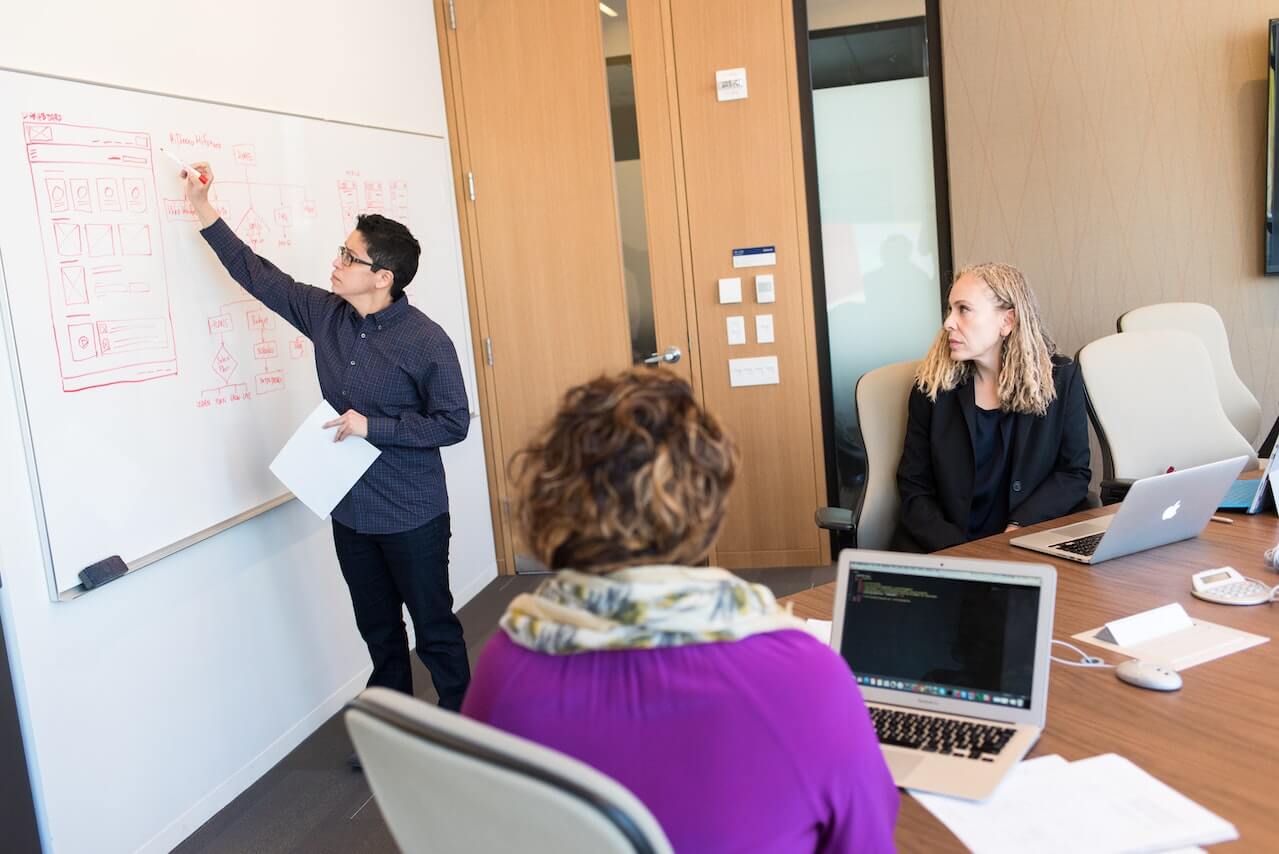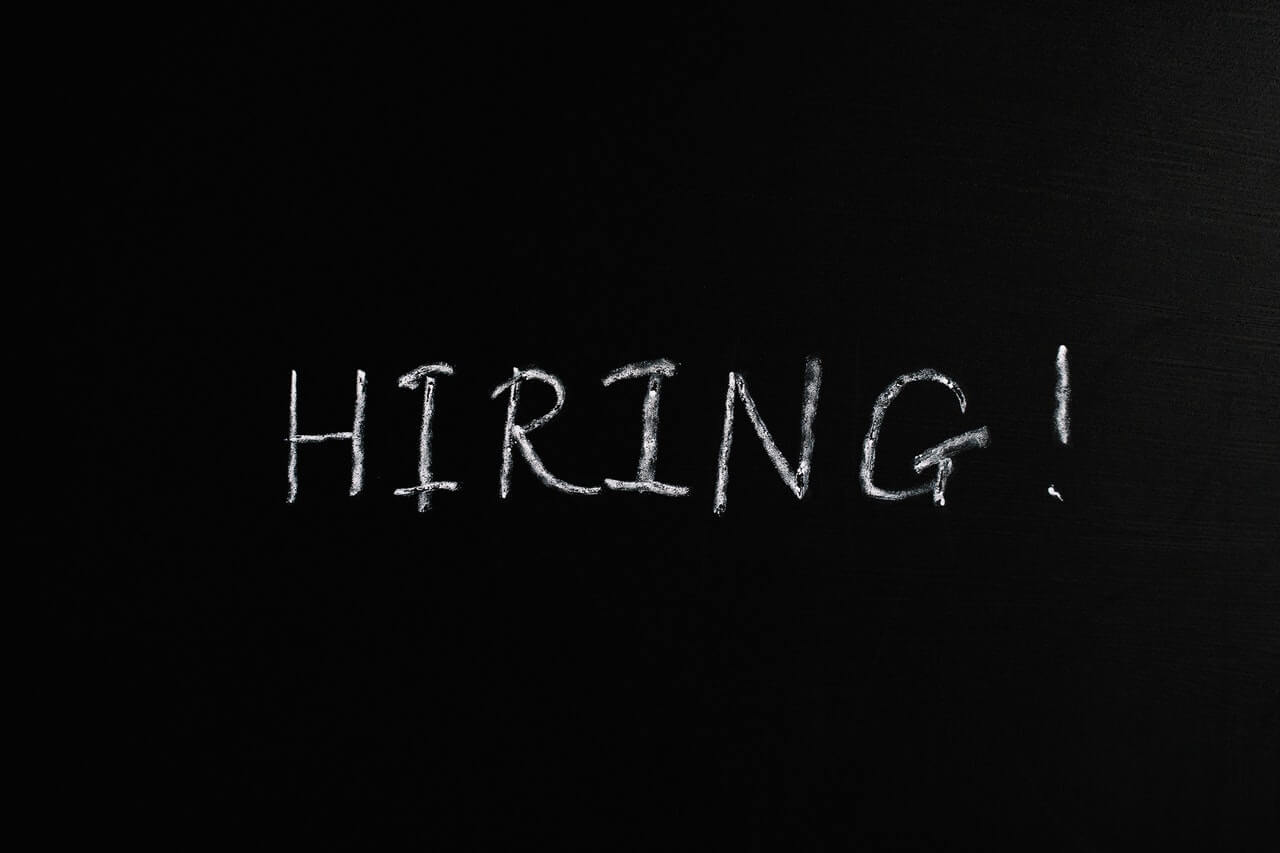Many of my clients have trouble saying “no”. They feel obligated to please others and saying “no” to the boss does not seem acceptable. The truth is that by saying “no” you are letting others know that you value your time, priorities and boundaries.
Here are a few tips to help you say “no”:
1. Be clear on your priorities. Know what is important to you and what you will spend your time on. When you are clear, it is easier to say “no” to the requests that are not in alignment with your priorities. Ask yourself – “How does this request fit with what is important to me and my goals?”
2. When you say “yes”, realize you are also saying “no”. Because time is finite, you cannot add more to your life without cutting something out. Ask yourself – “Where will the time come from to do this?”
3. Buy yourself some time. When someone makes a request, avoid saying “yes” right away. Let them know you will think it over and get back to them. That way you can evaluate your situation and make the best decision.
4. Give the requester alternatives. If it is in your best interest to say “no”, give the requester options of others who may be able to fulfill the request.
5. Try “yes” not now. Let the requester know that you are interested, yet this is not the best time for you. Give them a date to get back to when you will be able to meet their needs.
6. Talk with your boss. If too many things are being added to your responsibilities, ask which item is the priority and which item(s) would he/she recommend to defer.
7. Just say “no”. With a firm, and unapologetic tone, just say, you are not able to commit to the request. Try a simple, “No, I just can’t right now.”
How do you say “no”?
For more resources, see the Library topic Personal and Professional Coaching.









